High price of Indigenous activists’ seismic win against Woodside Energy gas project
Billions of dollars of investment is in peril after a court found the regulator failed to properly consult Aboriginal campaigners who oppose the nation’s biggest energy project.
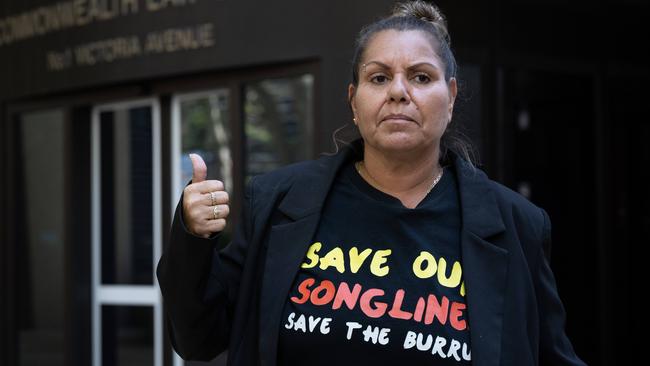
Tens of billions of dollars of investment is in peril after a court found the federal regulator had failed to properly consult Aboriginal campaigners who are against the nation’s biggest energy development.
The Federal Court ruled on Thursday that the approval by the National Offshore Petroleum Safety and Environmental Management Authority of a seismic survey program at Woodside Energy’s Scarborough gas field was invalid due to issues surrounding consultation with an Indigenous group opposed to the $16bn project.
The court decision comes amid debate about whether an Indigenous voice to parliament would open the door to more legal challenges from Indigenous groups.
The decision echoes a judgment from late last year which found Adelaide-based Santos had not adequately consulted with traditional owners over its proposed $4.7bn Barossa project in the Timor Sea.
It sparked criticism from the opposition, which accused the federal government of failing to act to address the regulatory loopholes identified in the Barossa decision and of funding the “green activists” behind the court challenges.
Scarborough is part of a $30bn investment that will double the capacity of Woodside’s Pluto LNG plant and extend the life of the project by decades. The development and Woodside’s associated Burrup Hub project have been targeted by Indigenous and environmental groups, which argue that its emissions will exacerbate climate change and damage rock art in the surrounding Burrup Peninsula.
Submissions released by the court on the eve of this week’s trial showed that Woodside had warned of “immediate, significant, and irrecoverable economic loss” if the seismic program was stalled.
Opposition resources spokeswoman Susan McDonald said the Albanese government had failed to fix the “broken” approvals process, harming domestic supply and the energy security of international partners in the process.
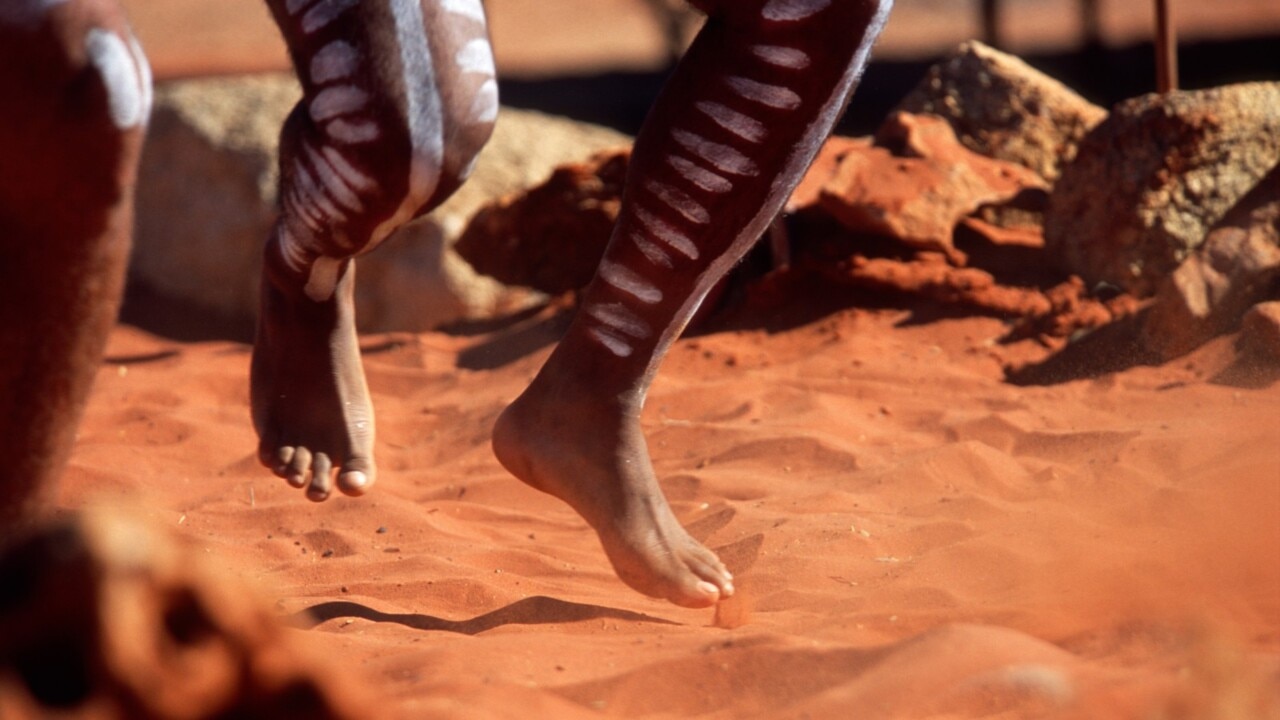
“The government has sat on its hands and done nothing to resolve a known issue which has ground approvals for offshore development to a halt,” she said.
“The Prime Minister needs to apologise to the people of Western Australia for impeding investment and jobs in the west.”
She said the government had spent millions of dollars funding the Environmental Defenders Office, which represented the woman who brought the legal action, Raelene Cooper, in the Woodside court challenge.
That funding, she said, would lead to more environmental legal activism. “The government needs to come clean about how much taxpayer money has gone towards torpedoing the future production of Australian natural gas,” she said.
A spokeswoman for Woodside said the company would continue to work with NOPSEMA to secure an accepted environmental plan (EP).
“The decision did not in any way criticise any action by Woodside. We have consulted extensively on our environment plans, dedicating time and effort so our approach to environmental management and EP consultation meets our current understanding of regulatory requirements and standards,” she said.
“We are continuing our engagements with all relevant stakeholders on the Seismic Survey EP and our other project EPs.”
The chief executive of oil and gas lobby group Australian Energy Producers, Samantha McCulloch, said investors in Australia’s resources sector faced increased uncertainty in the wake of the decision.
“Important energy projects which are following the rules, consulting in good faith and being granted approvals by the regulator are being impacted because unclear regulations and the application of them are effectively changing the goal posts. The time delays and costs incurred are substantial,” she said.
“More obstacles are being put in the way of critical energy developments, risking the new supply needed to deliver domestic energy security, emissions reductions and substantial economic returns for Australians.”
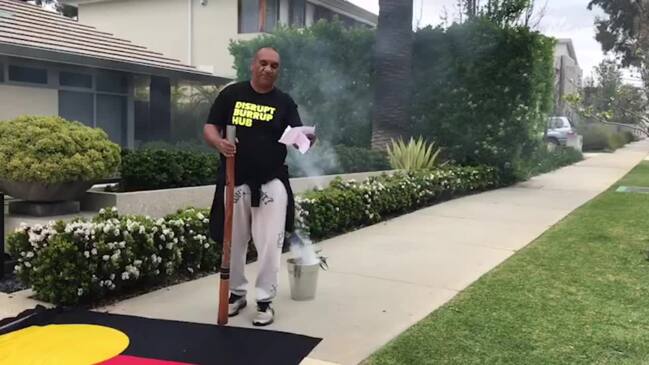
WA Opposition Leader Shane Love said the Woodside judgment showed that both federal and state governments had not done enough to set clear approval pathways since the Santos decision. “There’s a great deal of uncertainty around these issues now and a great deal of delay and problems being thrown in the path of the development of some of these fields, which I don’t think is in the national interest,” he said.
NOPSEMA, meanwhile, was scrambling on Thursday to digest what the latest decision means for its assessment of other projects.
The regulator had previously imposed conditions on the seismic program, noting that the decision was made amid “potential ambiguity” in the reading of environment regulations.
“NOPSEMA acknowledges the decision of the Federal Court, and is reviewing the reasons for the decision to ensure future regulatory actions are in accordance with the decision,” the regulator said in a statement.
Ms Cooper told The Australian that she was grateful for the court’s verdict. Ms Cooper is a former chair of the Murujuga Aboriginal Corporation, the body set up to represent the traditional owners of the Burrup Peninsula region. Since leaving MAC, she has been leading Save Our Songlines in their protests against ongoing development in the rock art-rich area.
She said Woodside had been “arrogant and ignorant” in its attempts to consult with her on the seismic program.
“They think they are above the law,” she said. “There’s no way in any circumstance that they’re above our law, my Indigenous law, our cultural law that’s been here since the beginning of time.”
Despite the win, Ms Cooper said she only expected the project to be stalled rather than stopped given the sums of money tied up in the project.
“All they are looking at are the dollar signs at the beginning and the end of it,” she said.
Scarborough is by far the biggest new gas project on the table in Australia, with the vast majority of its future gas production earmarked for Asia. In August, Japanese conglomerates Sumitomo Corporation and Sojitz Corporation agreed to buy a combined 10 per cent of Scarborough for $US880m ($1.38bn).
A spokesman for federal Resources Minister Madeleine King said the government was reviewing the reasons for the court’s decision. “The principle of judicial review is an important process that the Albanese government fully supports,” he said.



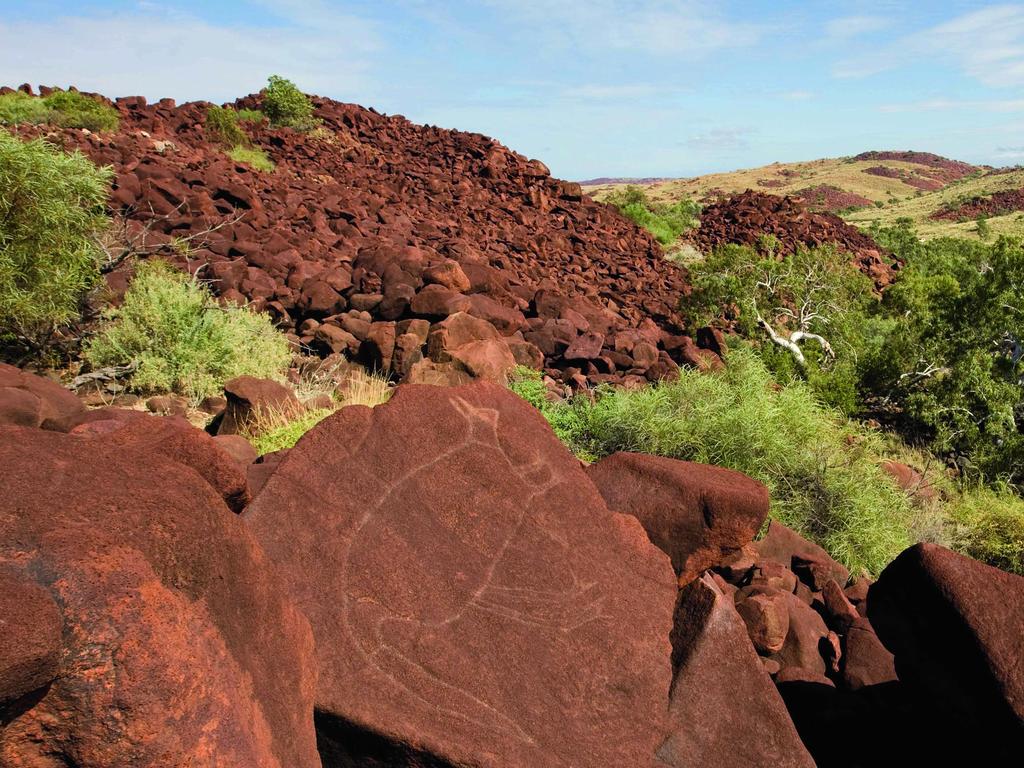
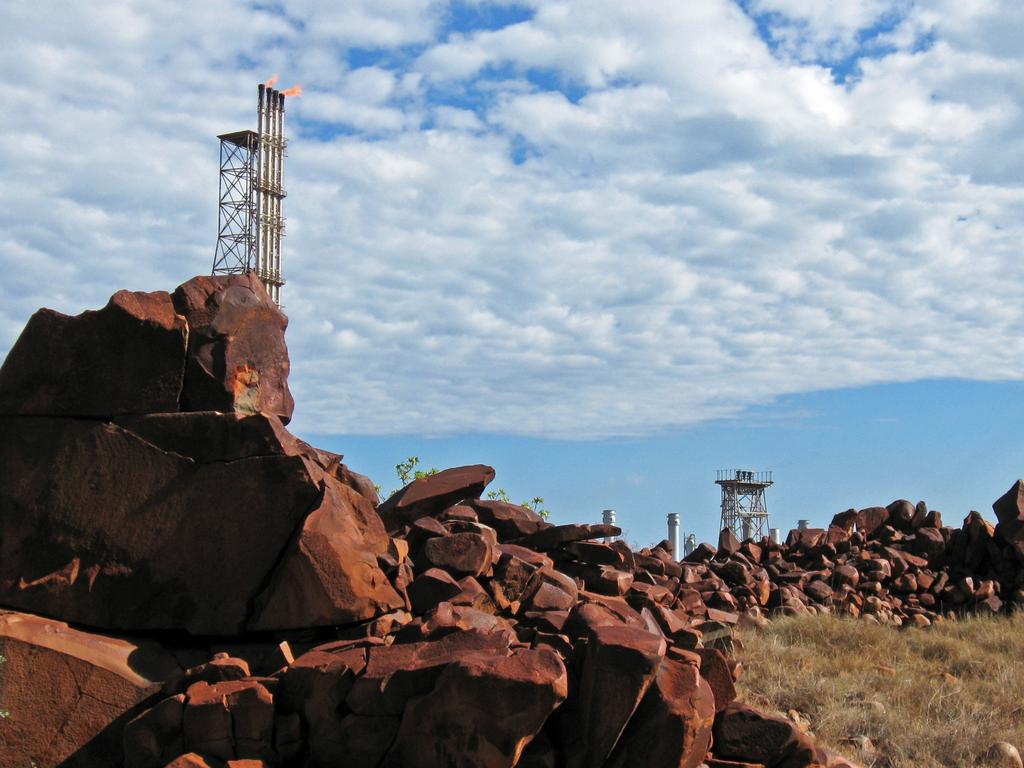
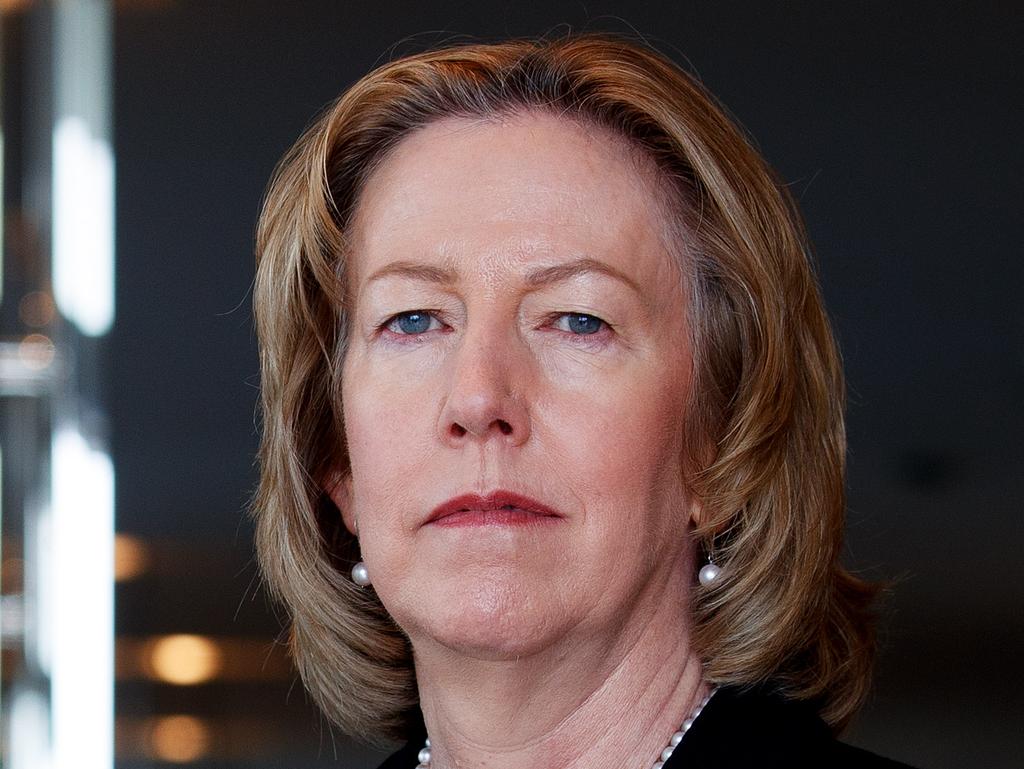


To join the conversation, please log in. Don't have an account? Register
Join the conversation, you are commenting as Logout